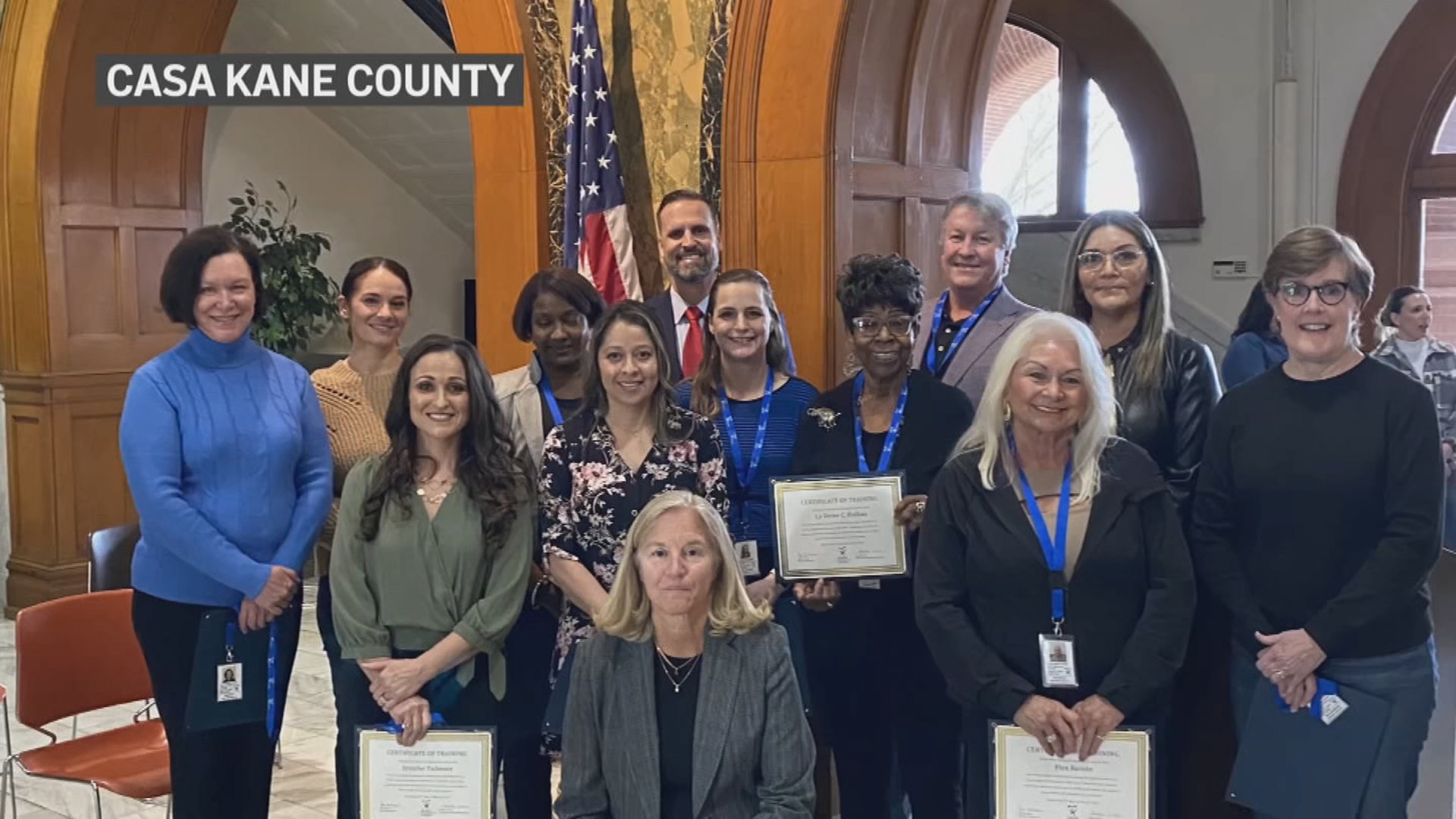To help cut through the campaign noise, we asked the candidates for Chicago mayor seven questions to help inform voters on who they are and where they stand on certain issues the city faces.
With a runoff election now required, here's a look at how candidate Toni Preckwinkle answered those questions.
Should you be elected mayor, what are your immediate priorities for your first year in office?
As Mayor, one of my first priorities in ensuring community-accountable police reform and working to continue to bring reform to the criminal justice system. As Mayor, I commit to continuing to work with criminal justice stakeholders, including the police, to reform the process that lands individuals behind bars in the first place. As a former teacher, I know we need to invest in strong neighborhood schools. This must include an elected representative school board as well as long term resources dedicated to ensuring we fully staff schools, including wrap around services, to educate the whole child. As a former Alderman, I understand what it takes to realize community investment. I want to bring that experience to the Mayor’s office to implement a holistic plan focused, in particular, on supporting and revitalizing the 15-17 (out of 77) neighborhoods experiencing the most violence, in large part because of a lack of resources and opportunities. A common theme of these issues is social equity. Ensuring all individuals have equal access and equity in making reproductive health decisions has always been a main issue for me, and will continue to be in my campaign for Mayor.
How do you plan to continue implementing reforms to the Chicago Police Department as outlined in the consent decree?
I have long been a supporter of a consent decree. It is essential to the difficult, but necessary, work of rebuilding the relationship between police and the communities they are sworn to protect and serve. I will make sure that the Chicago Police Department fully complies with the mandates of the consent decree. Beyond the mandates of the consent decree, I will focus on the hiring of a new reform-minded Superintendent committed to constitutional policing, fully staffing the Office of Violence Prevention and Criminal Justice to oversee reforms from the Mayor’s Office and introducing legislation on Civilian Oversight within City Council.
Local
What is your plan to invest in education across the entire city of Chicago?
We need to look into securing a long-term funding source so we can reopen and revitalize neighborhood schools. Chicago Public Schools need the additional resources to ensure that every neighborhood has a well-resourced public school that can meet the needs of the students it serves. This means more robust support both inside and outside the classroom. CPS must invest in critical support staff, like nurses, social workers, and teachers aids, to better serve all students, especially students with physical or mental health needs. More counselors are needed in schools to support the significant number of students who experience violence in their neighborhoods or families, and school leadership must be proactive in protecting students from any form of physical or sexual abuse at school. I have committed to a moratorium on school closings, which negatively impact the educational futures of students and reflect a withdrawal of public support in communities already sorely lacking in investment. Currently Chicago has the lowest population growth of the nation's five largest cities. Population gains from our growing downtown economy are being neutralized by population loss in our more disadvantaged neighborhoods. Compounding existing disinvestment with school closings only exacerbates the downward spiral; families will not live where their kids can't go to school. Stabilizing schools and investing in public education are essential to bringing families back to Chicago and students back to CPS. Public schools are more than just schools, they are a source of stability for communities and neighborhoods.
How do you plan to reduce property taxes?
I am committed to finding alternative revenue sources so we can effectively reduce property taxes. I have has advocated for ethics, transparency and fairness in the property assessment system throughout her career. She commissioned an independent study of residential assessments the same morning former assessor Berrios and his staff insisted to county commissioners, in the aftermath of the Tribune investigation, that the office produced fair and accurate assessments.
What is your plan to address Chicago’s unfunded pension liability?
To solve our pension debt problem we must enact constitutionally permissible reforms that save money on the repayment of the debt and allow us to keep our promises to workers. To do that we must find revenue in order to front-load that repayment. I will seek legislation that will permit Chicago pension funds to offer discounted benefit buyouts to tier 1 employees, as was enacted by the state last year. I would also seek to ensure that a portion of revenue raised by the adoption of progressive rates be diverted through the Local Government Distributive Fund, to all municipalities to be utilized for pension debt stabilization. Additionally, I will work with Springfield to pass legalization of recreational marijuana and gaming expansion with all revenues dedicated to pension debt stabilization.
How do you plan to curb violence in Chicago?
We need to take a step back and truly address the underlying factors of violent crime and what’s bringing people into contact with the police and jail in the first place. Namely, there are factors like poverty, lack of jobs, underlying mental illness and substance abuse that is contributing to violent crime. We need to revitalize disenfranchised neighborhoods and provide adequate mental health resources and real opportunities for these people who have been failed by the current system.
I will ask the state legislature to pursue legislation that lowers the burden of proof for straw purchasers who buy guns that end up in the wrong hands. It will be a priority for my administration to lobby alongside our Congressional delegation to pass real federal gun reform that will make firearm trafficking a federal crime.
If elected, I would implement an Office of Violence Prevention, modeled after a similar one in New York City, which has been successful in reducing crime, especially violent crime, to historic lows, while implementing reforms to decrease unnecessary incarceration and racial disparities in the criminal justice system through a holistic public health approach to public safety. It is important to make investments in public education, mental health services, housing and workforce development to transform communities over time. At same time, my administration will support targeted programs like READI, which provides jobs, training, and counseling to those individual most likely to offend or be victimized without intervention. These type of investments combined with a more accountable, better-trained, constitutional police force with strong community relationships will lead to the public safety that the City deserves.



